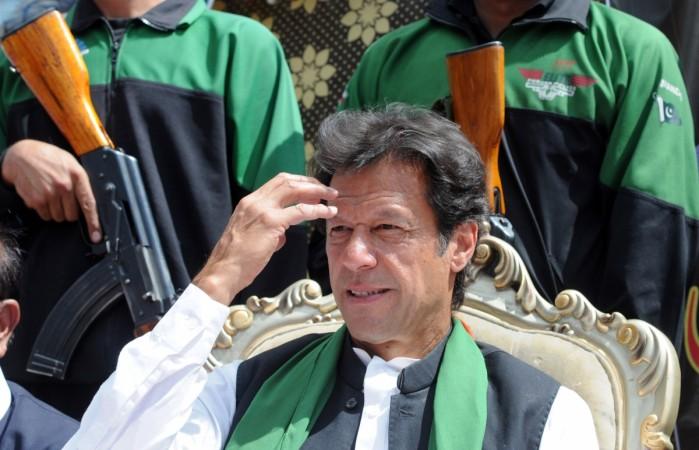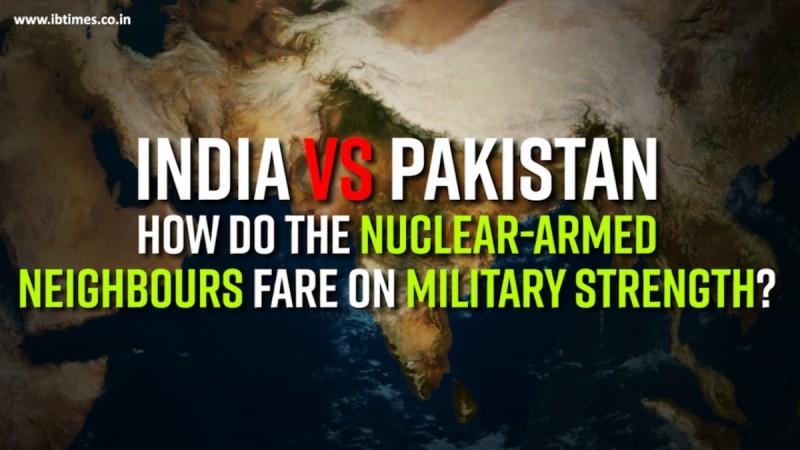
The Financial Action Task Force (FATF) has concluded its week-long meeting in Paris and ruled that Pakistan will remain on the grey list and.
The final decision was announced by FATF's president when he delivered a briefing on the outcome of the discussions. India had made a strong case against Pakistan's non-compliance in curbing terror funding.
The country is already in the grey list and been given time till October to avoid being blacklisted. Iran and North Korea are already in the blacklist. If Pakistan was blacklisted, its status would have been downgraded by the International Monetary Fund (IMF) and stopped receiving monetary funding by the international money lender.
Blacklisted countries are referred to as countries under 'high-risk and other monitored jurisdiction.' When Pakistan was put on the grey list, China and Saudi Arabia, who always had Pakistan's back, had refused to protect the country. This has given India hope that with enough force, its neighbour will go on the blacklist.
In June 2018, Pakistan had promised that it would assist the financial association as well as the Asia Pacific Group to curb terrorism and come up with a strategy to counter it.
According to News18, Pakistan said, "law enforcement agencies are identifying and investigating the widest range of terror funding activities and that terror funding investigations and prosecutions target designated persons and entities, and persons and entities acting on behalf of or at the direction of the designated persons or entities." This was said to avoid going on the blacklist in October.

Tensions between India and Pakistan are at an all-time high after an attack in Pulwama in Jammu and Kashmir which left 45 CRPF jawans dead. Pakistan-based terrorist outfit Jaish-e-Mohammad has claimed responsibility for the attack. The attack was carried out by Adil Ahmad, a 20-year-old, who rammed a van with an IED strapped to it into a convoy of 78 trucks carrying the CRPF jawans.
Pakistan Prime Minister Imran Khan denied its government's role in the attack, assuring India that it will help with the investigation if the latter presents actionable information.









